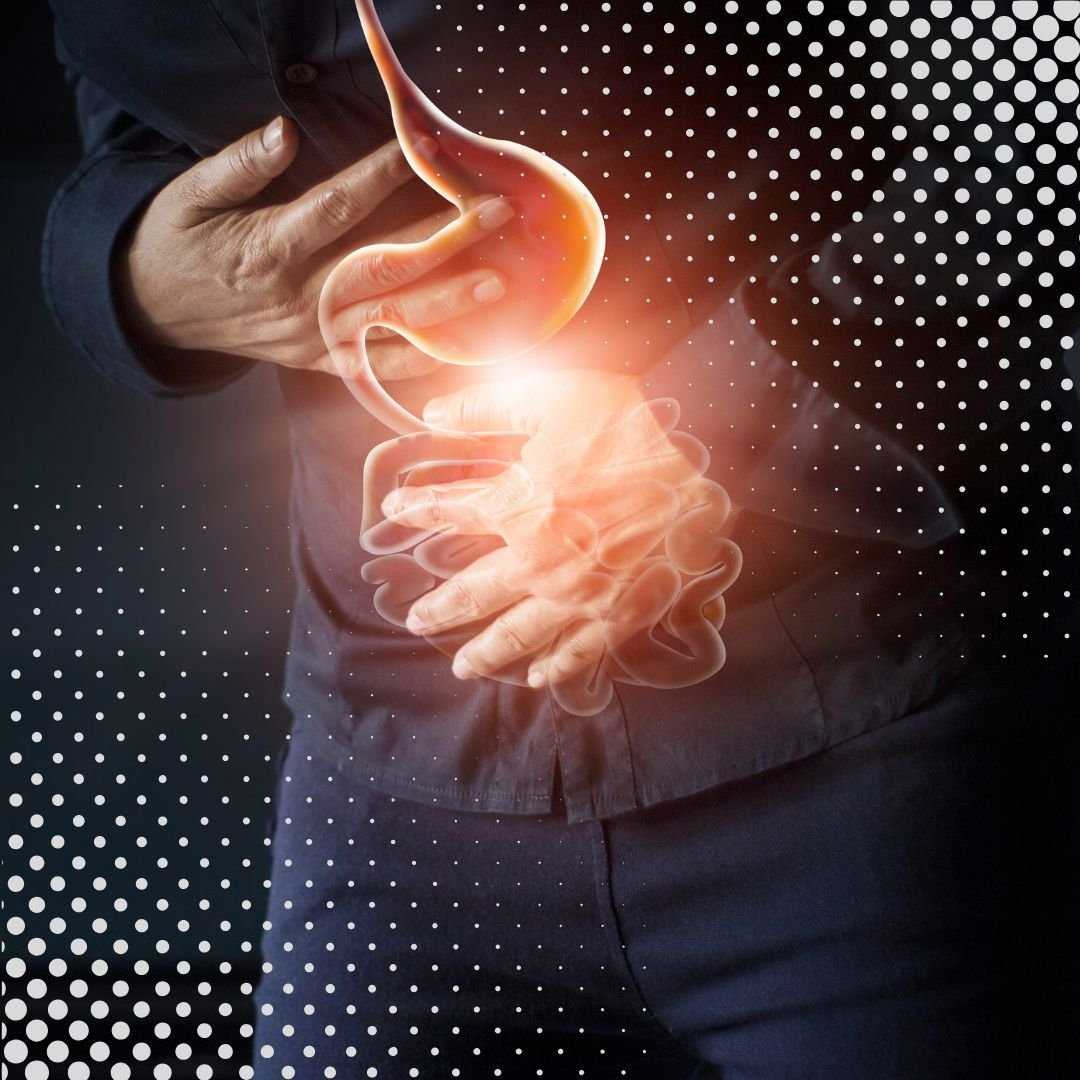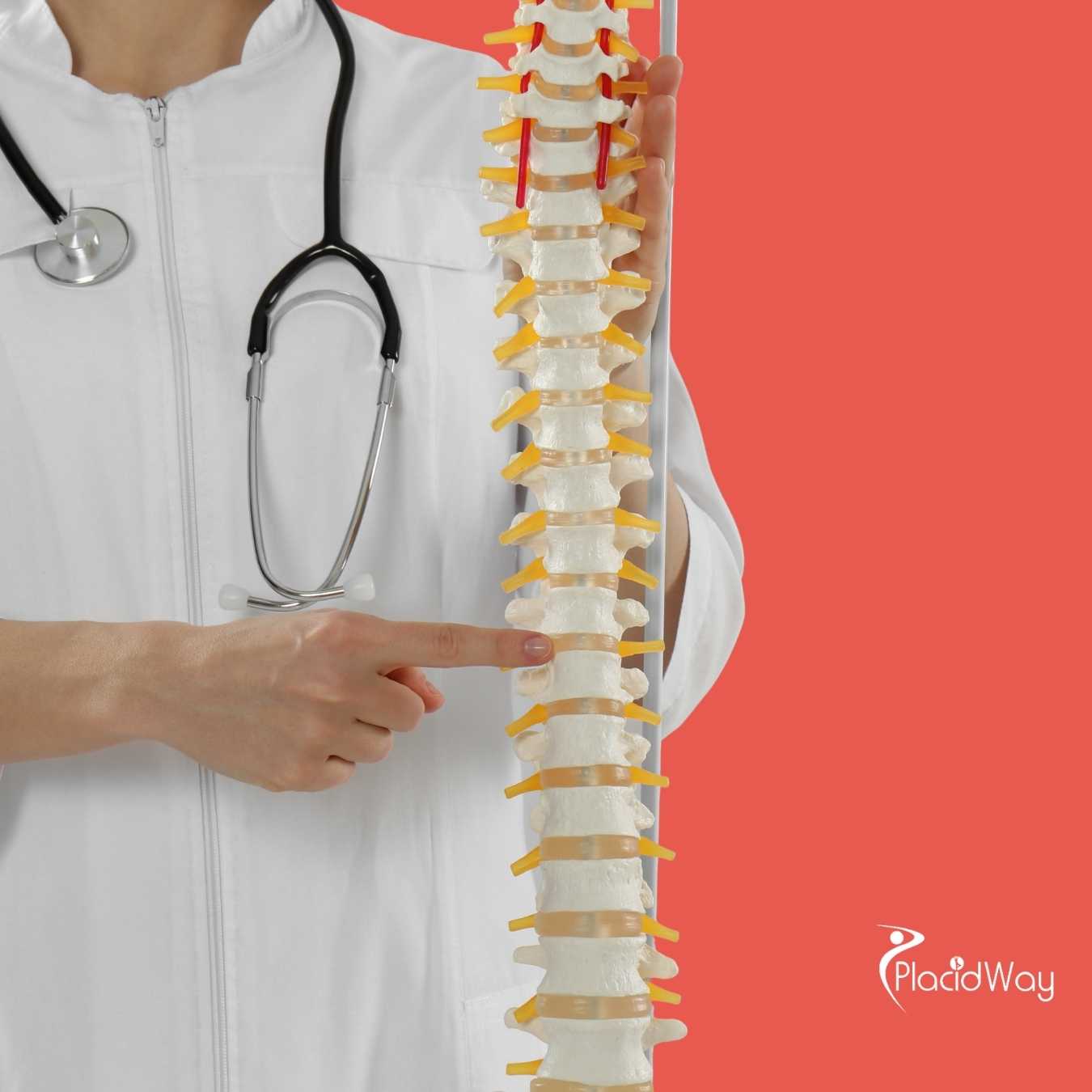Unlocking Hope: Stem Cell Therapy for MS in India
.jpeg)
Multiple Sclerosis (MS) is a complex autoimmune disease, and while conventional treatments manage symptoms, stem cell therapy offers a promising new approach. India has become a notable destination for this innovative treatment, combining advanced medical facilities with more affordable costs. This post answers key questions about stem cell therapy for Multiple Sclerosis in India.
What types of stem cell therapy are used for Multiple Sclerosis in India?
"The primary types of stem cell therapy for Multiple Sclerosis in India are Hematopoietic Stem Cell Transplantation (HSCT) and Mesenchymal Stem Cell (MSC) therapy, both aimed at modulating the immune system and promoting neural repair."
HSCT involves resetting the immune system by using chemotherapy to eliminate faulty immune cells, followed by reinfusion of the patient's own healthy stem cells. This can significantly reduce relapses in relapsing-remitting MS (RRMS). MSC therapy is less intensive, using cells from bone marrow or other tissues to regulate the immune response and promote tissue repair through their anti-inflammatory properties.
Is stem cell therapy for MS effective in India?
"Yes, studies and patient experiences suggest that stem cell therapy for Multiple Sclerosis in India, particularly HSCT, has shown promising effectiveness in halting disease progression and improving symptoms in carefully selected patients, with reported success rates often above 70%."
Many patients undergoing stem cell therapy for MS in India report improvements in symptoms and reduced relapse rates. HSCT data indicates a substantial percentage of patients, especially those with active RRMS, experience long-term disease remission. The effectiveness depends on the type and stage of MS.
What is the success rate of stem cell therapy for Multiple Sclerosis in India?
"The success rate of Hematopoietic Stem Cell Transplantation (HSCT) for Multiple Sclerosis in India is reported to be over 80% in halting disease progression and reducing relapses in suitable candidates, with many patients experiencing significant improvement in their quality of life."
Data from leading stem cell therapy centers in India indicates high success rates for HSCT in patients with active RRMS. Patients often see improvements in symptoms and a reduction in new lesions. Success varies based on individual factors, emphasizing the importance of thorough patient assessments.
How much does stem cell therapy for MS cost in India?
"Stem cell therapy for Multiple Sclerosis in India is significantly more affordable than in Western countries, with costs for HSCT typically ranging from $18,000 to $25,000, while MSC therapy can range from $7,000 to $10,000, depending on the clinic and treatment specifics."
The cost difference is a major reason for patients choosing India, with similar procedures costing over $100,000 in Western countries. This affordability is due to lower operational costs and favorable exchange rates. The quoted price usually includes the procedure, hospital stay, consultations, and tests.
What are the risks and side effects of stem cell therapy for MS?
"The primary risks of stem cell therapy for Multiple Sclerosis, especially HSCT, stem from the intensive chemotherapy, which can lead to increased vulnerability to infections, temporary hair loss, fatigue, nausea, and in rare cases, more severe complications like organ damage or infertility."
For HSCT, risks are mainly due to immune suppression from chemotherapy, leading to infection susceptibility. Other side effects include fatigue and hair loss. MSC therapy generally has fewer severe risks, with mild side effects like injection site pain or fever. Choosing a reputable clinic minimizes these risks.
How long does recovery take after stem cell therapy for MS?
"Recovery time after stem cell therapy for Multiple Sclerosis varies: for HSCT, patients may require a hospital stay of 2-4 weeks with several months of immune system reconstitution, while MSC therapy usually involves minimal downtime, with patients resuming normal activities within a few days to weeks."
Initial recovery for HSCT involves a hospital stay for close monitoring. Full immune reconstitution can take months. MSC therapy has a shorter recovery, with most patients returning to normal activities quickly. Post-treatment rehabilitation is often recommended for both.
Which hospitals in India offer stem cell therapy for MS?
"Several highly reputable hospitals in India offer stem cell therapy for Multiple Sclerosis, including major healthcare groups like Apollo Hospitals, Max Healthcare, Fortis Healthcare, and specialized centers such as Christian Medical College (CMC) Vellore and BLK-MAX Hospital in New Delhi."
India has many advanced medical facilities providing stem cell therapy for MS. These hospitals have state-of-the-art technology and experienced medical teams. When choosing, research specific clinics, specialists, and protocols.
What is the typical duration of stay for stem cell therapy in India?
"The typical duration of stay for stem cell therapy for Multiple Sclerosis in India can range from approximately 15 days to a month for HSCT, encompassing pre-treatment evaluations, the procedure itself, and initial recovery, while MSC therapy may require a shorter stay of 3-7 days."
For HSCT, patients should plan for a hospital stay of two to four weeks. For MSC therapy, the hospital stay is typically shorter, often just a few days. International patients may stay longer for follow-up appointments.
Are there clinical trials for stem cell therapy for MS in India?
"Yes, India participates in and conducts clinical trials for stem cell therapy for Multiple Sclerosis, contributing to the global research efforts aimed at understanding and optimizing these advanced treatments."
India is a growing hub for medical research, including stem cell-based therapies. Hospitals and research institutions conduct clinical trials to evaluate the safety and efficacy of various stem cell protocols for MS, helping to refine treatments and gather data.
What should I consider when choosing a clinic for stem cell therapy in India?
"When choosing a clinic for stem cell therapy for Multiple Sclerosis in India, key considerations include the clinic's accreditation, the medical team's expertise in MS and stem cell treatments, patient testimonials, transparent pricing, and the availability of comprehensive pre- and post-treatment care."
Look for accredited clinics with experienced neurologists and stem cell specialists. Understand their treatment protocols, review patient outcomes, and ensure transparent pricing. Comprehensive care, including follow-up and rehabilitation, is also important.
Can stem cell therapy reverse MS damage?
"While stem cell therapy for Multiple Sclerosis, particularly HSCT, can effectively halt disease progression and prevent further damage by resetting the immune system, its ability to completely reverse existing neurological damage is limited, although some patients may experience functional improvements due to reduced inflammation and potential repair mechanisms."
Stem cell therapy primarily aims to stop autoimmune attacks. HSCT seeks to "reboot" the immune system to prevent further damage. MSC therapy may offer some regenerative potential. While complete reversal is challenging, many patients experience symptom improvements.
What are the long-term benefits of stem cell therapy for MS?
"The long-term benefits of stem cell therapy for Multiple Sclerosis, especially HSCT, include sustained disease remission, a significant reduction in relapse rates, stabilization or improvement in disability, and an enhanced quality of life, potentially leading to a life free from active MS progression."
For many, particularly those with RRMS undergoing HSCT, benefits include sustained remission, halted disease progression, improved quality of life, and reduced reliance on long-term medications. These benefits can extend for many years.
How does stem cell therapy compare to conventional MS treatments?
"Stem cell therapy for Multiple Sclerosis, particularly HSCT, differs from conventional MS treatments by aiming to 'reset' the immune system to halt disease progression, whereas traditional disease-modifying therapies (DMTs) primarily focus on modulating or suppressing the immune response to reduce relapse frequency and slow progression."
Conventional DMTs work by suppressing the immune system to reduce inflammation and damage. HSCT is a one-time intensive procedure that "reboots" the immune system for a lasting effect. MSC therapy focuses on regeneration and anti-inflammation. The choice depends on disease activity and response to previous treatments.
Explore PlacidWay for solutions related to medical tourism and healthcare services.
?

.png)

-Package-in-Kuala-Lumpur,-Malaysia-by-FirstCell.jpg)







Share this listing